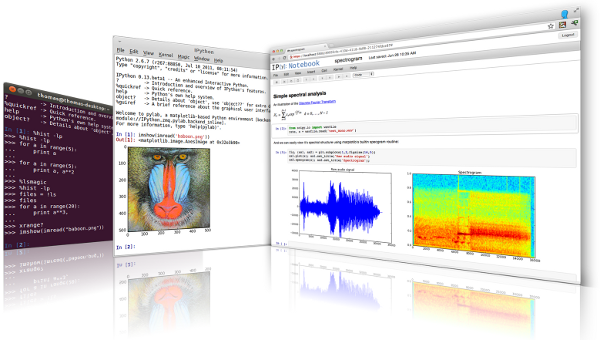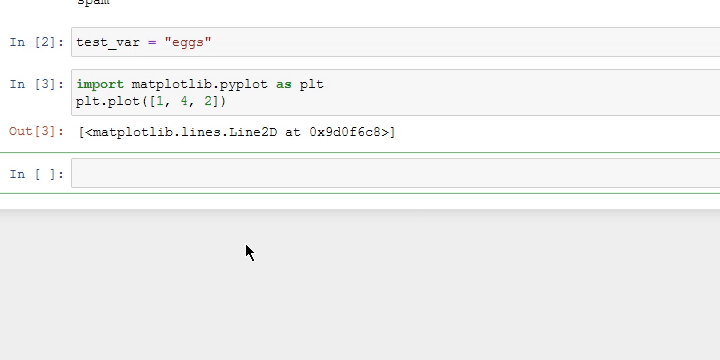

- #How to install ipython kernel in spyder how to#
- #How to install ipython kernel in spyder update#
- #How to install ipython kernel in spyder code#

Where is the firewall on Jupyter Notebook server?.Which is the latest version of Jupyter server?.
#How to install ipython kernel in spyder how to#

Top Stories, Nov 8-14: Don’t Waste Time Building Your Data S.19 Data Science Project Ideas for Beginners.What Are NVIDIA NGC Containers & How to Get Started Using.KDnuggets Top Blogs Rewards for October 2021.Two Simple Things You Need to Steal from Agile for Data and An.Virtual Presentation Tips for Data Scientists.How to fast-track machine translation projects.KDnuggets 21:n44, Nov 17: Don’t Waste Time Building Your.Book Metadata and Cover Retrieval Using OCR and Google Books API.Inside recommendations: how a recommender system recommends.Easy Synthetic Data in Python with Faker.After Step 3 above, you will be taken to a new tab with an R kernel ready:.
#How to install ipython kernel in spyder code#
Now that we have installed R in Jupyter, we can start using R code as we normally would in any IDE for R. So when running R in Jupyter Notebooks, some packages may not work (although this is rare) in the older version due to package updates happening more frequently than R updates.
#How to install ipython kernel in spyder update#
This is because all the programs in Anaconda is managed by the Conda package manager and Anaconda needs to update their default version of R before the users get to install it. You cannot update R in Anaconda the same way you would if you installed it separately from the R website.

Since installing Anaconda is the easiest and fastest way to have Jupyter Notebook installed, the R Version that Anaconda installs lags behind the latest release. Click on that to start running R in the Jupyter environment.Ī word of caution. Go to the Anaconda Navigator and open Jupyter Notebook or type jupyter notebook in the Anaconda Prompt.After Step 1, run devtools::install_github(IRkernel/IRkernel) and finally, IRkernel::installspec(user=FALSE).It is imperative that this command be done in the terminal to execute directly from R and not an IDE. After Anaconda installation, open the Anaconda Prompt and type install.packages(c(repr, IRdisplay, evaluate, crayon, pbdZMQ, devtools, uuid, digest), type=source).The best way is to install Anaconda which will automatically have an installation of Python, R and Jupyter Notebooks. If you are using a Unix based machine (OSX or Linux), THE COMMANDS MUST BE RUN IN THE TERMINAL. If you are using Windows, the following method is fine. This allows users to run kernels with R and Python. In 2015, support for R was also added with the IRkernel. It is based on the IPython computing environment. It included a Python kernel so that the user would have a new an interactive IDE to use Python. The Jupyter Project started in 2014 as an initiative towards interactive and scientific computing.


 0 kommentar(er)
0 kommentar(er)
